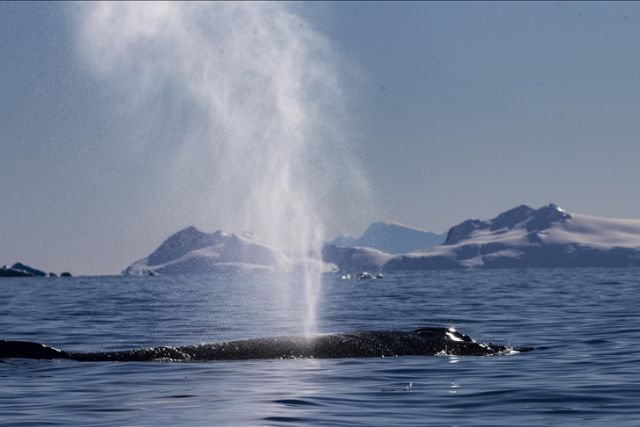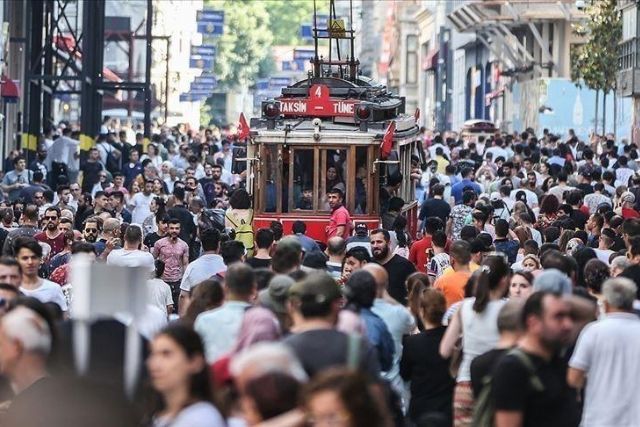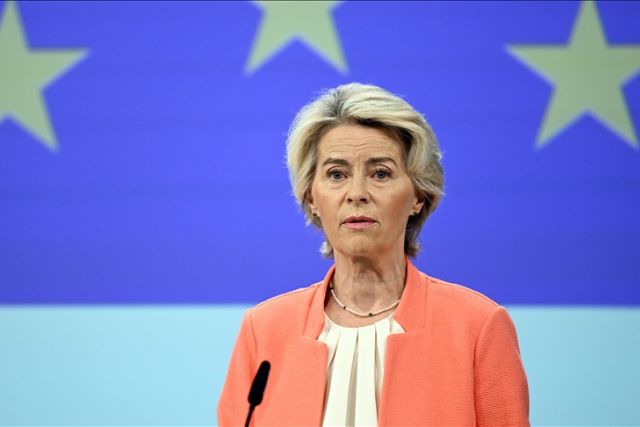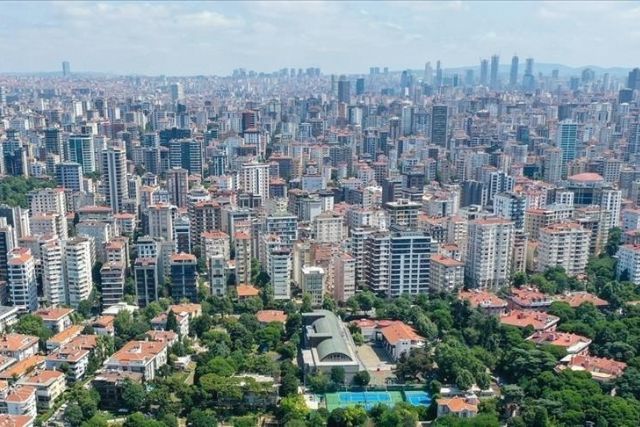Environmental developments worldwide in December 2021
World Meteorological Organization recognizes new Arctic temperature record of 38C in Verkhoyansk, Russia

ANKARA
A number of informative reports on climate change and its growing impact were released in December last year, as governments and international organizations also took positive steps and pledges to reduce carbon emissions.
Following is a list of environmental developments, reports, and events compiled by Anadolu Agency.
Dec. 7:
- COP22, the 22nd Meeting of the Barcelona Convention, a pact designed to protect the Mediterranean Sea from pollution, kicks off in Turkiye's resort city of Antalya.
Dec. 9:
- An increase in the amount of microplastics in the Mediterranean Sea poses a threat to marine life as well as human health, warns a Turkish expert on marine science.
Dec. 10:
- UNICEF calls for urgent action to address Somalia's critical water needs amid a worsening drought.
- Japan says greenhouse gas emissions in the country dropped to a record low last year, largely due to COVID-19 lockdowns that slowed economic activity.
Dec. 11:
- Countries in the Barcelona Convention for protecting the Mediterranean publish their final declaration.
Dec. 13:
- Russia vetoes a UN Security Council resolution that would have formally linked climate change and global security.
- The US State Department announces visa restrictions on eight nationals involved in wildlife trafficking in the Democratic Republic of Congo.
Dec. 14:
- The temperature of 38C (100.4F) in Verkhoyansk, Russia, reached on June 20, 2020, is a new Arctic temperature record, as the world's hottest and coldest locations are both getting warmer, according to the World Meteorological Organization.
- A total of 24 rhino carcasses have been found across South Africa since Dec. 1.
- At least six people, most of them children, have died due to a devastating drought in central Somalia.
Dec. 15:
- Seismic activities at the Cumbre Vieja volcano on Spain's island of La Palma stop for the first time since September.
- Six air pollutants take a greater toll on the health of people of color than on white people, according to a new study whose results are published in The Washington Post.
Dec. 20:
- The UN humanitarian action office launches a 2022 humanitarian response plan for Somalia, seeking $1.5 billion to assist 5.5 million people in need.
- Bad weather forces Jordan and Egypt to close five ports on the Red Sea and the Mediterranean.
Dec. 23:
- Three consecutive dry seasons put an estimated 3.8 million people in Somalia at risk of severe food insecurity through January, according to UNICEF.
Dec. 24:
- Somalia's climate crisis was created by industrialized nations, Somali presidential spokesman Abdirashid Mohamed Hashi tells Anadolu Agency.
- The UN and humanitarian partners in the Philippines call for the provision of $107.2 million in life-saving aid for over half a million people in areas devastated by Typhoon Rai.
Dec. 25:
- The volcanic eruption on the Spanish island of La Palma is officially over, authorities declare.
Dec. 27:
- Ten of the most extreme weather events in 2021 driven by climate change displaced more than 1.3 million people and caused $170 billion in damage, according to a Christian Aid report.
Dec. 29:
- Heavy floods in South Sudan destroy an estimated 37,624 tons of cereals, according to the latest preliminary report from the UN Food and Agriculture Organization (FAO).
- A South African court halts oil giant Shell from doing a seismic survey along the country's ecologically sensitive Wild Coast region in the Eastern Cape.





